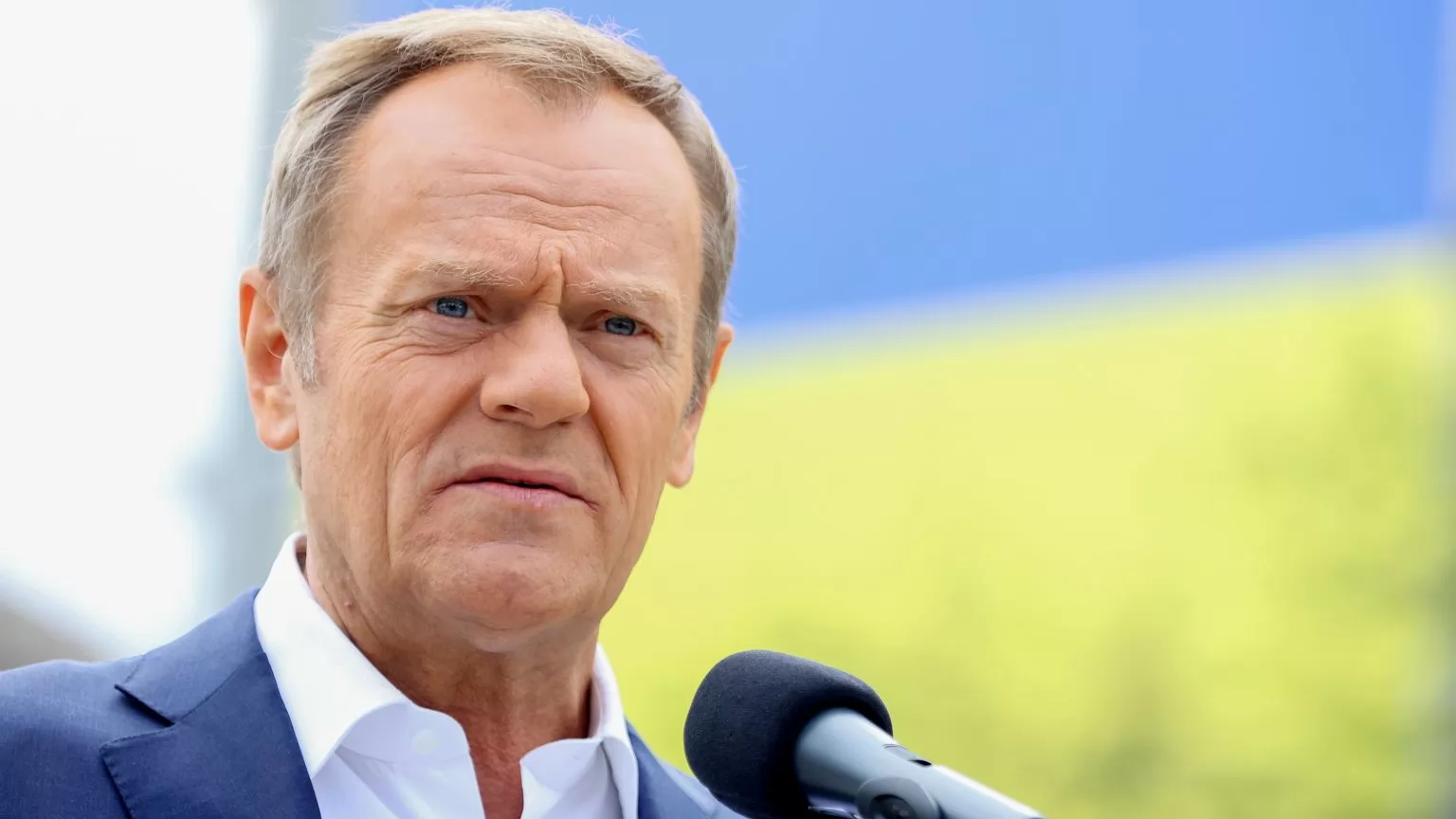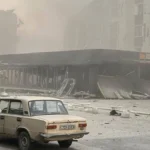Prime Minister of Poland, Donald Tusk, explained during a press conference why the Polish army does not always shoot down airborne objects crossing the border with Ukraine. According to him, the main reason is that it is often impossible to accurately determine whether the object is civilian. He noted that in the conditions of continuous massive attacks by Russia against Ukraine, such objects may be either military or civilian, and special caution is required to avoid unwanted consequences.
Challenges and Risks
Tusk emphasized that the situation is further complicated by the fact that the objects may be in Polish airspace for only fractions of seconds. Within this short period of time, it is difficult to accurately identify the object and determine if it poses a threat. This leads to the need to make measured decisions and not open fire automatically upon detecting any movement in the sky.
Position of Allies and Poland
It is important to note that Poland’s allies recommend restraint in such situations. According to Tusk, international partners advise against excessive use of force, which could lead to unwanted consequences. The Polish military adhere to this “measured position,” allowing them to reduce risks for both the country and civilian population.
Response Challenges
One of the main challenges facing Poland is that the response to airborne objects must be immediate. However, when the object is in the airspace for just a few seconds, identifying its nature and making a decision to shoot it down is extremely difficult. This creates additional challenges for the country’s security and requires a high level of preparedness and technical equipment.
International Context
The context of these events has deeper roots in the political and military relations between Poland, Ukraine, and Russia. As a NATO member, Poland must adhere to international norms and recommendations while ensuring the security of its airspace. A unified NATO position on such issues is important for maintaining regional stability and preserving peace. Nevertheless, Poland faces constant challenges due to its proximity to conflict zones and the need to protect its own territory.
Not to act, not to err
Donald Tusk’s words underscore the importance of a balanced approach to the defense of Polish airspace. The need to avoid mistakes and protect the civilian population is paramount, especially in the conditions where the conflict in Ukraine continues and threats from Russia persist. Poland continues to work on improving its defense but does so cautiously, taking into account all possible consequences.


